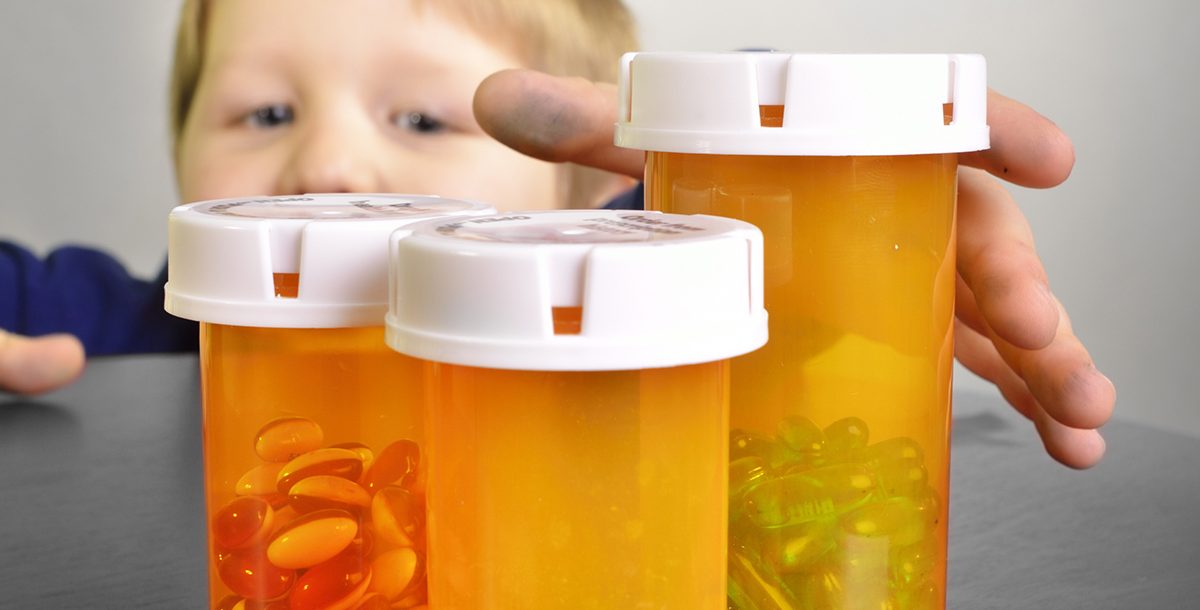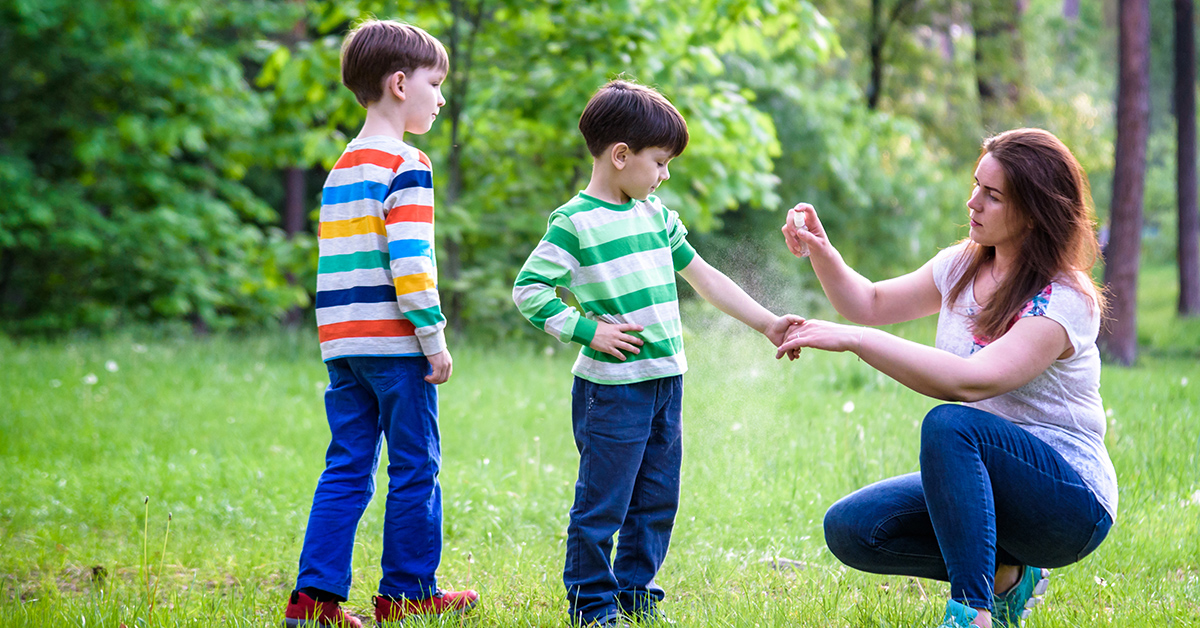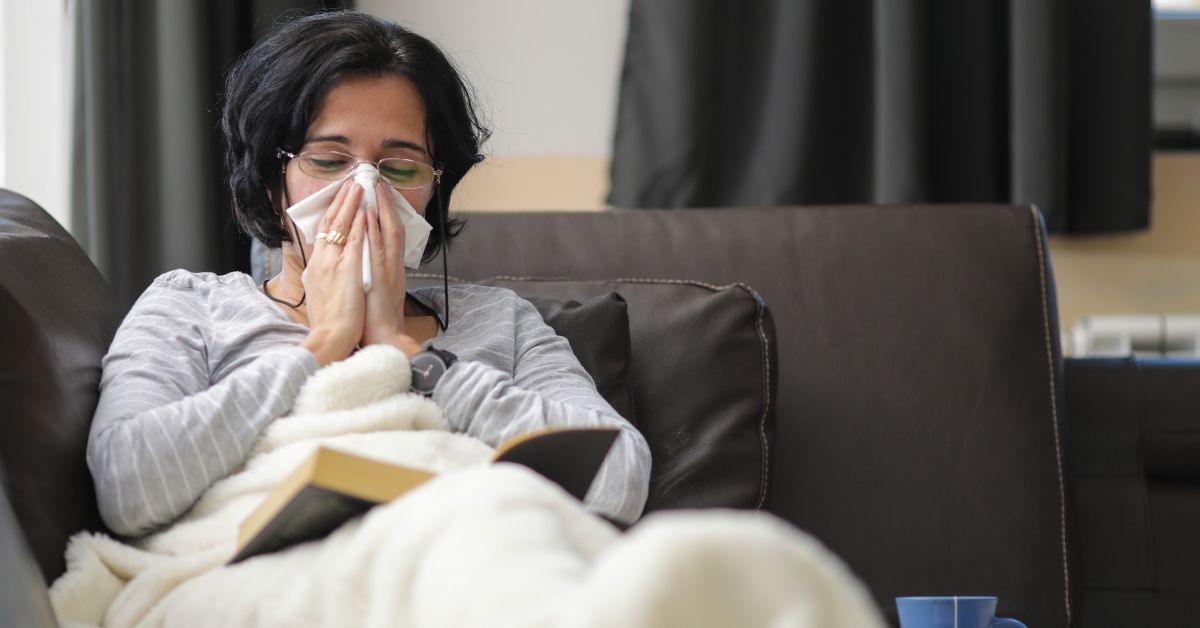Anyone who has taken care of a child knows that kids are into everything. They’re endlessly curious and love to explore. And when they’re investigating their surroundings, they tend to put anything and everything possible into their mouths.
However, if stored improperly, some household items can pose a serious threat to your child if they come across them while your back is turned. This includes medicines – both prescription and over-the-counter – and vitamins.
How to keep medicines away from children
Let’s explore the steps you can take to ensure medicines don’t fall into the wrong little hands.
Out of sight, out of mind
Storing medications and vitamins out of their reach and hidden will reduce both the temptation and access.
However, your storage location doesn’t have to be in the medicine cabinet of a bathroom. Walk around your home and determine a place that your child is least likely to find medicine. Don’t forget to make sure that place also follows storage requirements.
Leave medicines in their original packaging, if possible
Most medications come in packaging that is at least child-resistant. If it is in a bottle with a safety cap, be sure to relock the cap every time – follow the directions for the type of lock on the bottle. If you have to put medicine in another container, like a pill organizer, use one that is child-resistant.
However, many vitamins don’t come in bottles with safety locks. If your child does open and ingest any, leaving vitamins in their original packaging will allow you to quickly identify the substance and inform a medical professional.
Put them away until the next dose
If you have a sick child who needs medicine every couple of hours, it can be tempting to leave it out for easy access at the next dosage. However, pills can look like candy to children and can easily be knocked into a child’s reach.
Discuss medicine safety with others
Making sure medicines and vitamins are stored away safely in your home is important. However, what about when you have visitors or go to someone else’s house? Have a conversation with grandparents, extended family and friends about making sure their purses, bags or coats with medicine in them are out of reach.
Discuss medicine safety with your children
Teaching children from an early age what medicines and vitamins are is an essential aspect to substance safety. Laying the groundwork as young as possible will empower your child to make the right decision if they do find medicine within their reach. Be sure to emphasize that you or a trusted adult or caregiver must be the one to give medicine to them.
Additionally, don’t tell children that medicine is candy. It may seem like a surefire way to make their supposedly bubble gum-flavored antibiotic seem enticing, but it sends the wrong message about what medicine is for and how it should be handled.
What to do if your child unintentionally ingests medicine
Even the best laid plans go awry. If your child has ingested a medicine or vitamins and has collapsed, has a seizure, is having trouble breathing or can’t be awakened, call 911 immediately.
If your child appears normal but you still suspect they have swallowed medicine or vitamins, follow these steps:
- Check their mouth
- Collect any medicines and medicine containers they might have gotten into
- Call the national toll-free Poison Help Line at 1-800-222-1222
Even if you aren’t sure which medicines they may have taken or if they ingested any at all, call the Poison Help Line. An expert at your local poison control can give you advice on what to do next. You can also visit poisonhelp.hrsa.gov for more information.
Learn more how Bon Secours can help you care for your child’s health.





